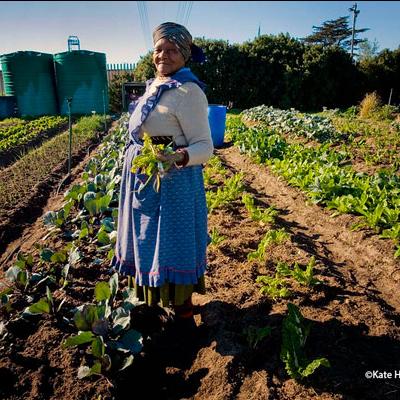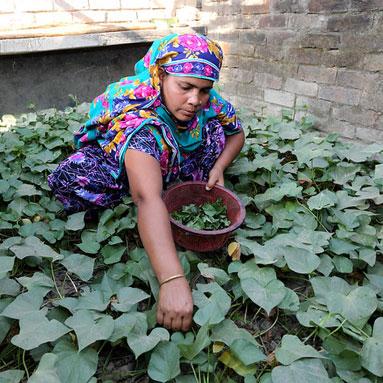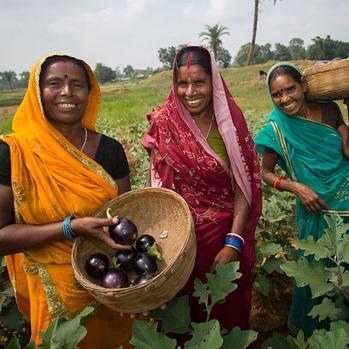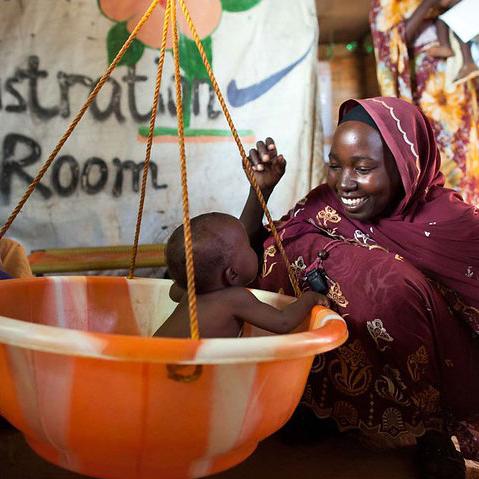Ingunn Storhaug

Designation: Research Assistant
Ingunn supports the production of evidence gap maps and systematic reviews on a variety of topics. Prior to this, she provided research assistance at UCL on a project relating to the effect of teacher incentives on student achievement. Ingunn holds an MSc in Social Policy and Social Research from UCL and a BA in Sociology and Social Policy from Middlesex University.



